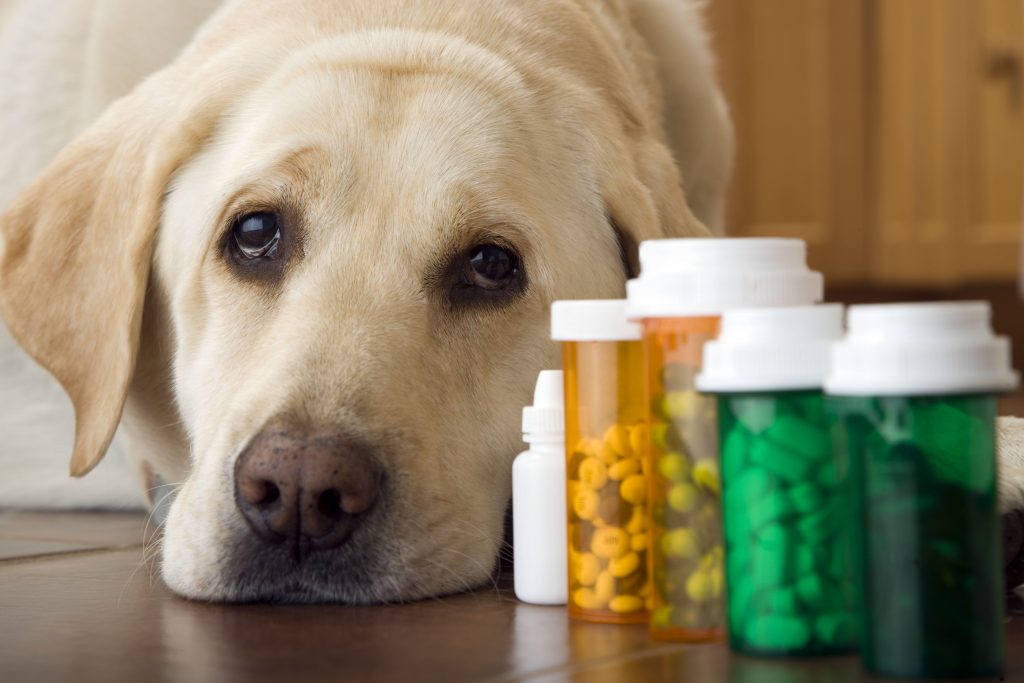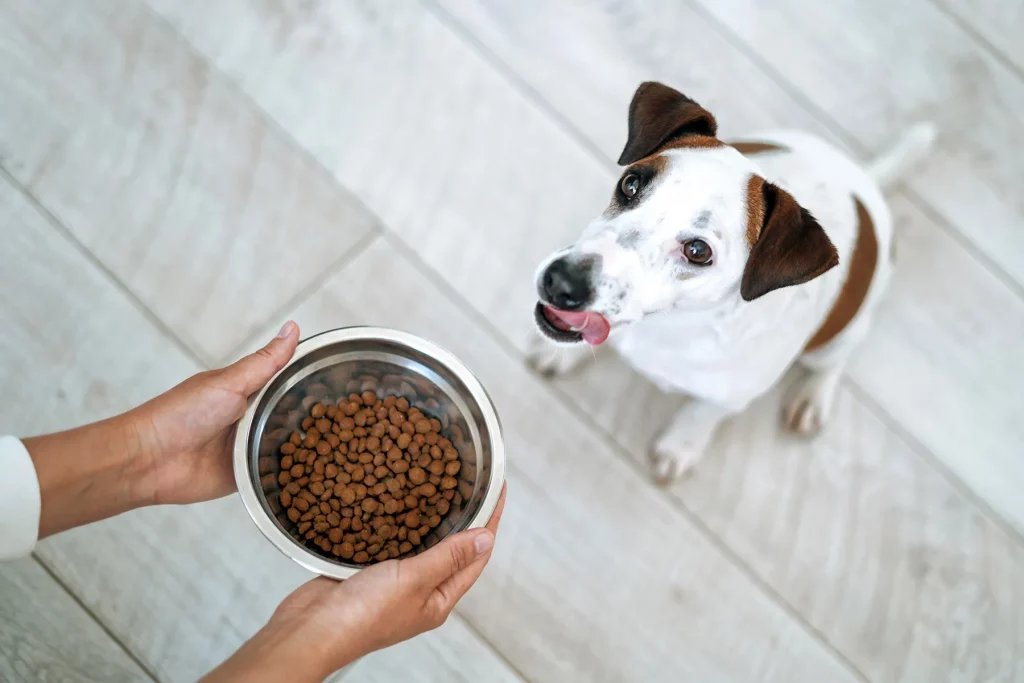Just like humans, dogs rely on a balanced microbiome—the community of good bacteria living in their gut—for optimal health. This delicate balance plays a critical role in digestion, immune function, skin health, and even behavior. But what happens when this balance gets disrupted? Enter probiotics, beneficial microorganisms that can help restore your dog’s gut health. If you’re wondering when your furry companion might benefit from probiotics, here are some key signs to watch for and reasons to use these helpful supplements.
Common Signs Your Dog Might Need Probiotics
1. Digestive Issues
Digestive disturbances are the most obvious indicators of a microbiome imbalance. If your dog frequently experiences diarrhea, constipation, vomiting, or gas, their gut flora may be disrupted. Occasional mild symptoms can happen, but consistent or recurring issues are a clear sign probiotics could help rebalance the gut.

2. After Antibiotic Treatment
Antibiotics are lifesavers when it comes to fighting infections, but they don’t discriminate between good and bad bacteria. After antibiotic treatment, your dog’s gut microbiome might need a boost. Supplementing with probiotics during and after antibiotic treatment can significantly reduce the risk of antibiotic-associated diarrhea and quickly restore beneficial bacteria.

3. Skin and Allergy Problems
Dogs with recurring skin infections, itching, redness, hot spots, or ear infections often suffer from underlying gut imbalances. The gut microbiome heavily influences immune responses, and probiotics can help reduce inflammation and allergic reactions, ultimately improving your dog’s skin health and reducing allergic symptoms.

4. Chronic Stress or Anxiety
If your dog experiences stress-related digestive symptoms, probiotics might help. Stressful situations like moving, boarding, traveling, or even loud noises can disrupt gut bacteria, leading to digestive upset. Probiotics have been shown to reduce stress-induced gastrointestinal issues by supporting the gut-brain connection.

5. Low Immunity and Frequent Infections
A healthy gut is crucial for a strong immune system. Dogs that regularly suffer from minor illnesses, infections, or seem generally unwell might benefit from probiotics to strengthen their immune defenses. Probiotics can enhance the production of antibodies and immune cells, helping your dog fight off pathogens more effectively.

Why Probiotics Are Important for Dogs
Restoring Gut Health
Probiotics replenish beneficial bacteria that help digest food, produce vitamins, and maintain the gut barrier. A balanced microbiome prevents harmful pathogens from taking over and causing illness. Supplementing probiotics restores gut health quickly, especially following antibiotics or dietary changes.
Enhancing Digestive Function
Good bacteria help dogs break down nutrients more efficiently, resulting in fewer digestive issues such as bloating, gas, or irregular stools. Regular probiotic supplementation can also help dogs with sensitive stomachs maintain consistent digestive comfort.
Strengthening the Immune System
Since the majority of a dog’s immune system resides in their gut, probiotics directly influence immune responses. Regular use can lead to fewer infections, reduced severity of illness, and quicker recovery times when illness does occur.
Managing Allergies and Skin Conditions
Probiotics have anti-inflammatory properties that can reduce allergic responses and chronic inflammation. Dogs suffering from environmental or food-related allergies often see improvement in their symptoms with regular probiotic use, resulting in healthier skin and coat conditions.
Supporting Emotional Health
The gut-brain axis is a strong link between gut health and behavior. Probiotics can influence neurotransmitters and hormones that regulate mood and stress levels, making them beneficial for anxious or stressed dogs. Regular probiotic supplementation may help dogs feel calmer and better manage stressful situations.

How to Choose the Right Probiotic
When selecting a probiotic supplement, look for:
- Species-Specific Strains: Canine-specific probiotic strains are better suited to colonize and positively influence your dog’s gut.
- Multiple Strains: Multi-strain probiotics cover a broader range of benefits compared to single-strain products.
- CFU Count: Choose a supplement providing at least 1 billion CFUs (colony-forming units) per dose.
- Delivery Method: Powders, chews, or capsules—choose the form most convenient for your dog’s administration.
- Quality Assurance: Opt for reputable brands with transparent labeling and proven efficacy.
How to Introduce Probiotics to Your Dog
Introduce probiotics gradually to minimize potential mild side effects like gas or soft stools. Start with half the recommended dose for a few days before moving to the full dosage. Consistency is key, as probiotics don’t permanently colonize the gut and need regular supplementation to maintain benefits.
When to Consult Your Veterinarian
Always talk to your veterinarian before starting probiotics, especially if your dog has an underlying health condition or compromised immune system. Your vet can provide recommendations tailored specifically to your dog’s health needs.
Final Thoughts
Probiotics offer a natural, effective way to support your dog’s digestive, immune, skin, and emotional health. Knowing the signs that indicate your dog may benefit from probiotics enables you to proactively care for their overall well-being. Incorporating probiotics into your dog’s routine, with the guidance of your veterinarian, can significantly improve their quality of life and long-term health.

Leave a Reply